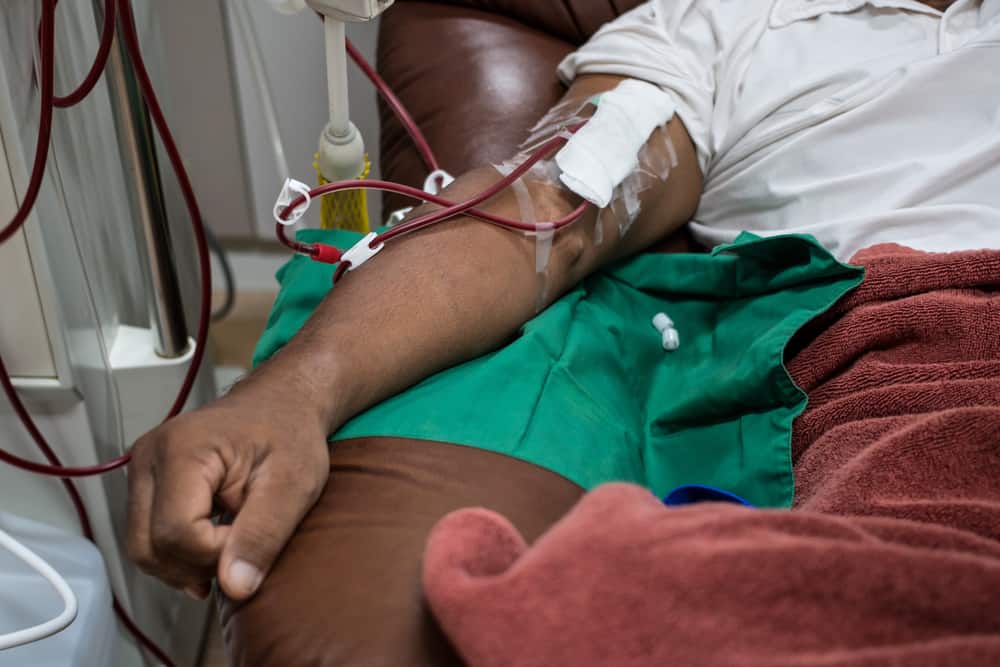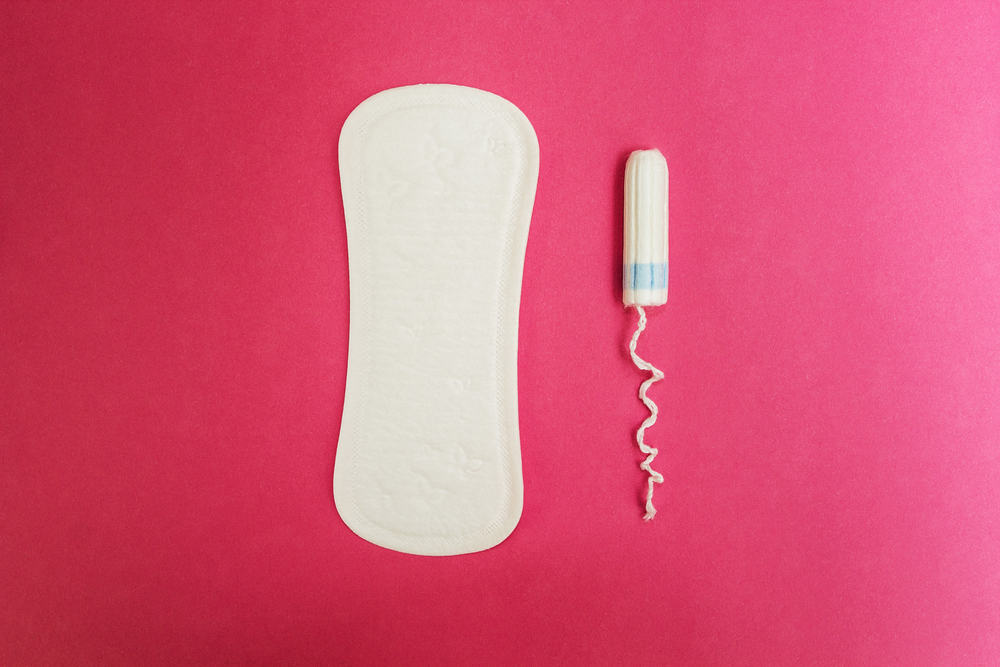Contents:
- Medical Video: Starting dialysis at age 75 years or older -- outcomes data to help in shared decision making.
- How long should dialysis be carried out?
- Can patients with kidney failure stop dialysis?
- What happens after dialysis is stopped?
Medical Video: Starting dialysis at age 75 years or older -- outcomes data to help in shared decision making.
Dialysis or dialysis is a procedure carried out to get rid of harmful wastes in the body. Normally, this process is carried out naturally by the kidneys. The kidneys will filter the blood and separate harmful substances and excess fluid from the body to then be released through the urine. However, when the kidney cannot perform its main function, a machine-shaped aid is needed.
Dialysis is usually done for patients with chronic kidney failure, a condition in which the kidneys have decreased function below the normal limit. If you suffer from chronic kidney failure, it means that the kidneys cannot filter impurities, are unable to control the amount of water in the body, also the levels of salts and calcium in the blood. So that useless metabolic substances will remain in the body and endanger the patient's condition.
Dialysis is generally divided into hemodialysis and peritoneal dialysis. Hemodialysis is a dialysis procedure that you can do at a dialysis clinic, hospital. Whereas peritoneal dialysis is dialysis which is done at home.
How long should dialysis be carried out?
The answer is depending on the condition of each patient. In some cases, dialysis in cases of transient kidney failure or those that have not entered the acute period can be stopped when your kidneys are healed and can function properly.
However, another story is for people who experience chronic kidney failure. People with end-stage chronic kidney failure usually need a kidney transplant. Unfortunately finding a suitable kidney donor is not as easy as turning the palm of the hand. For this reason, chronic kidney failure patients with acute conditions require dialysis until a suitable kidney donor is available.
However, often people who need a kidney donor must swallow a bitter reality because they do not find a suitable donor. Or maybe the condition is not good enough to undergo major surgery. If this happens then dialysis is most likely needed for the rest of your life.
Most people can stay on dialysis for years, although this method can only compensate for the loss of some kidney function. Medical facts prove that people can die while undergoing dialysis if they don't also have a kidney transplant. This risk increases especially in the elderly and those who have other health problems.
Someone who starts dialysis in their late 20s has a life expectancy of up to 20 years or more. However, adults over 75 years of age may only last for two to three years. Again this depends on the patient's health condition.
However, it should be noted that the survival of people undergoing dialysis has increased over the past ten years and is expected to continue to increase in the future.
Can patients with kidney failure stop dialysis?
The decision to stop the dialysis process is a decision that must be made by doctors and patients. If the patient is on dialysis because of acute kidney failure, recovery can occur and dialysis can be stopped. But if the patient is on dialysis because of chronic kidney disease, stopping dialysis can increase the severity of the disease which can lead to death.
People with kidney failure who do dialysis or kidney transplants allow them to live longer and enjoy their lives. However, each person still has their choice. They have the right to choose what treatment they receive.
Without ongoing dialysis or kidney transplantation, people who have end-stage kidney disease can experience uremia syndrome, where toxins form in the blood. The patient will receive any medication needed to treat the symptoms of uremia and other medical conditions. However, if the poison has accumulated, this can cause death.
What happens after dialysis is stopped?
Patients who stop dialysis will receive palliative care. Palliative care is a treatment that can be obtained by patients suffering from advanced stages of chronic disease, which aims to improve the quality of life of patients. Life enhancement is done by approaching the patient's psychological, psychosocial, mental and spiritual side, thus making the patient more calm, happy, and comfortable when undergoing treatment.
In patients with kidney failure who stop the dialysis process, toxins in their body will accumulate. Toxins that develop in a person will result in certain physical and emotional changes. In addition, the body has a natural way of preparing itself to stop functioning.
The family and the closest people should understand the changes that occur. This also serves to prepare patients and families mentally. there is a patient's body can help friends and family members of patients to mentally prepare their families and people. A series of possible physical changes include:
- Loss of appetite and excess fluid
- Sleep most of the day
- Restless
- Disorientation, often looks dazed and confused to recognize a familiar face
- The change in the breathing pattern can be irregular, too fast or even too slow. It can also sound like panting. Changing patterns of breathing indicate a decrease in circulation in the internal organs and accumulation of toxins.
- Changes in skin color and temperature
Medications can be given to treat pain or anxiety. However, other drugs are often stopped when someone decides to stop taking dialysis because treating chronic conditions is no longer a priority.
A study reports that patients who stop dialysis usually experience a calm and pain-free death.













